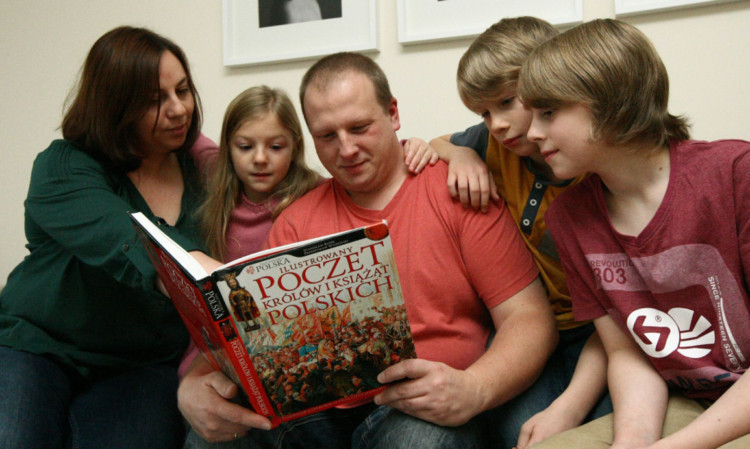Immigrants to the UK in the last decade contributed £25 billion more in tax than they received in benefits and were less likely to claim handouts or live in social housing than people already living in Britain, a report has found.
The study, by University College London, found people who had moved to the UK since 2000 had made a “substantial” contribution to public finances, rather than being a drain on them.
It was estimated their net contribution was £25bn over a period of 10 years.
Those who arrived since 1999 were 45% less likely to receive benefits or tax credits between 2000 and 2011 than those born in the UK, and were 3% less likely to live in social housing, according to Professor Christian Dustmann and Dr Tommaso Frattini from UCL’s Centre for Research and Analysis of Migration.
“These differences are partly explainable by immigrants’ more favourable age-gender composition,” they said.
“However, even when compared to natives with the same age, gender composition, and education, recent immigrants are still 21% less likely than natives to receive benefits.”
People from the European Economic Area (the EU plus Norway, Iceland and Liechtenstein) contributed 34% more in taxes than they received in benefits in the decade to 2011, while those from outside the EEA contributed 2% more in taxes than they received in the same period, the report showed. British people paid 11% less in tax than they received during the same period.
Prof Dustmann said: “Our study also suggests that over the last decade or so, the UK has benefited fiscally from immigrants from EEA countries, who have put in considerably more in taxes and contributions than they received in benefits and transfers.
“Given this evidence, claims about ‘benefit tourism’ by EEA immigrants seem to be disconnected from reality.”
CASE STUDY
Mother-of-three Gosia Wlodarczyk moved to the UK with her husband Stefan and two children from Warsaw in Poland seven years ago.
Her third child was born in Scotland and the family now lives in Kirkcaldy.
Gosia, 38, runs her own photography business while her 37-year-old husband is a support worker for disabled people.
Her sons Mateusz and Szymon, aged 13 and 10, and her five-year-old daughter Julia all attend local schools.
Gosia said the couple had come to the UK for a better standard of life.
“We came to the UK because our financial situation was bad,” she said.
“We were both social workers in Poland but we didn’t earn enough for a normal life.
“We had two kids and we didn’t have a flat or house. Everything in Poland is very expensive and people just don’t earn enough. We earn a lot more here than we did in Poland we are not afraid of the next day.”
She added that although she only claimed Child Benefit she was glad to be working in a country that provides a safety net for those who fall on hard times.
“Here the life is easier than it is in Poland because the government help the people more if you don’t work you get the benefits.”
She said it was important for her to work to support herself, however.
“I love to spend time with my family but for me it’s more important to work.
“I spent a lot on my education in Poland and now I couldn’t think of myself as a housewife.”
She added she hoped to return to her old profession at a later date.
“The biggest barrier for me is the language. I am learning English but I think my level is not good enough for me to be a social worker in Scotland but maybe in the next few years I will try to go back to social work.”
